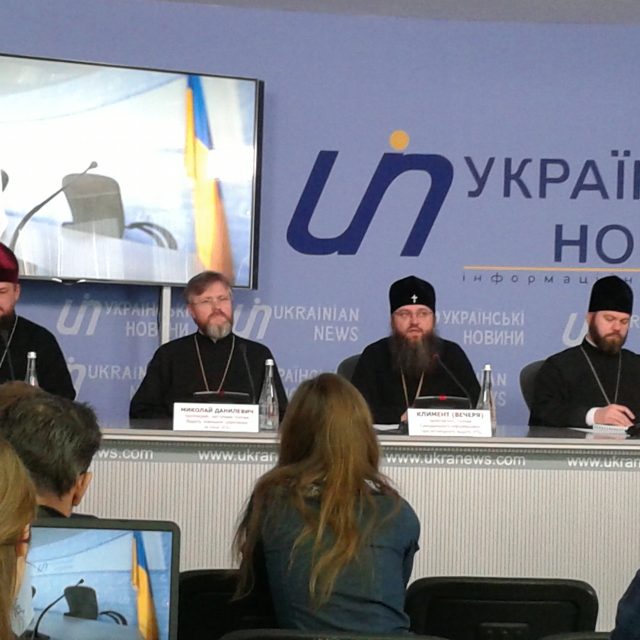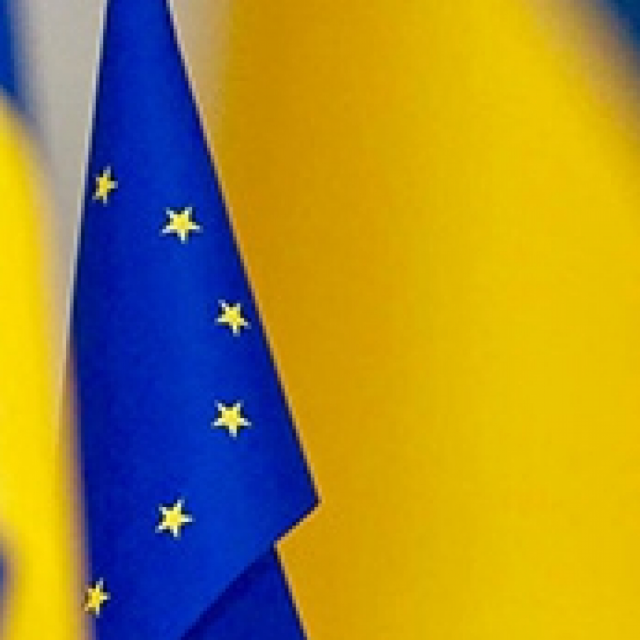International attention is turning to Romania, not only due to recent protests, but also because Romania will shortly take up the presidency of the European Union. The country’s presidency, which begins January 2019, will oversee a pivotal moment in European history, as the United Kingdom leaves the EU in March.
Romania joined the EU in 2007 and was placed under the special supervision of a cooperation and verification mechanism (CVM), as was Bulgaria. There were many commentators at the time who feared that neither country was really ready to meet the standards of rule of law required within the EU. For the international community, Romania’s commitment to tackling corruption was a priority and this remains so today.
However, there is increasing scrutiny of how the anti-corruption campaign is conducted. During recent months and years, there has been an unrelenting stream of scandals. The former head of the National Anti-Corruption Directorate (DNA), Laura Kovesi, was heard on tape instructing her officers to pursue investigations against the Prime Minster and his colleagues. She was heard to use the phrase “put pressure” with reference to the government, seemingly as a payback for their attempts to limit her authority. The DNA scandals continued with revelations that two senior DNA prosecutors in 2015 forced a witness to fabricate evidence against media owner and former MP Sebastian Gita, with threats against his family being used against the witness to force his cooperation.
There is also concern about DNA pressure on the judiciary. Marius Iacob, the First Deputy of the head of the Anti-Corruption Directorate (DNA) has publicly stated that the DNA is handling 300 files regarding magistrates. Considering that a file can include two or three magistrates and that one magistrate might handle ten cases a year, there is a serious risk that the judiciary is vulnerable to DNA pressure.
The Romanian Intelligence Service (SRI) has also been caught up in scandals. Dumitru Dumbrava, a senior figure at the SRI, said publicly that the SRI regards the judicial system as a “tactical field” of operations, which indicates a serious flaw in the Romanian justice system. Both the SRI and the DNA have been criticised for undermining judicial independence.
The disgrace for the SRI continued when secret protocols emerged that were signed between the SRI and the Supreme Court of Justice and Cassation, the General Prosecutor’s office, the Superior Council of Magistrates and the Lawyers’ Bar Association. These existence of these protocols caused further concern over constitutional propriety and conflict of interest.
A recent report written by Emily Barley, Lisi Biggs-Davison and Chris Alderton and published by Due Process and CRCE, shows Romania to be the worst in the EU in terms of human rights violations. The European Court of Human Rights found a total 272 violations from 2014 to 2017. In terms of inhumane or degrading treatment, only Russia is worst (among Council of Europe members). For violating the right to a fair trial among the 47 Council of Europe members, the only countries worse than Romania are Russia and Turkey.
There is consistent international concern over prison conditions in Romania. The Due Process report mentions the 104 violations found in Romania by the European Court of Human Rights for inhuman or degrading treatment, most of which took place in detention.
Romania could have been forgiven for thinking that the international community cared only about their anti-corruption results and not about the methods used to achieve them. But it is increasingly clear that Romania’s international partners want to see much deeper change.
“The stability of law and justice is vital to the security of the Black Sea Region, and the importance of Romania is paramount in this respect,” said Lord Risby, a keynote speaker at the forthcoming Black Sea Summit next month in Odessa.
“Real change is needed for Romania – with support from the international community – to restore faith in the rule of law and a new commitment to respect EU standards of justice in order to draw a line in the sand and establish a fresh clean start to be made for the entire system,” he added.
Doug Henderson, the British former Minister for Europe, went further, explaining: “The fear is that there could be thousands in jail whose conviction was the result of targeted or politically motivated prosecutions, covert relationships between the different pillars of the Romanian justice system and pressure on the judiciary. After potentially facing violations every step of the way on their journey through the justices system, it is clear that these people then end up in appalling prison conditions.”
Writing in EU Reporter, Doug Henderson outlined a solution that has been much discussed: “An option on the table is an amnesty for non-violent crimes, essentially allowing a ‘reset’ button to be pressed to enable a restoring of faith in the rule of law and renewed commitment to EU justice standards. This radical option should be considered to deal with past abuses. In addition, Romania, properly supported and held accountable by the international community, should look to the future by ensuring the independence of the judiciary and the proper adherence to European standards by the different wings of the justice system, from the intelligence services to prosecutors to prison facilities.”
The lead-up to the Romanian EU presidency will certainly make interesting viewing as the country does what it can to, eleven years after EU succession, show itself to be a worthy president.




